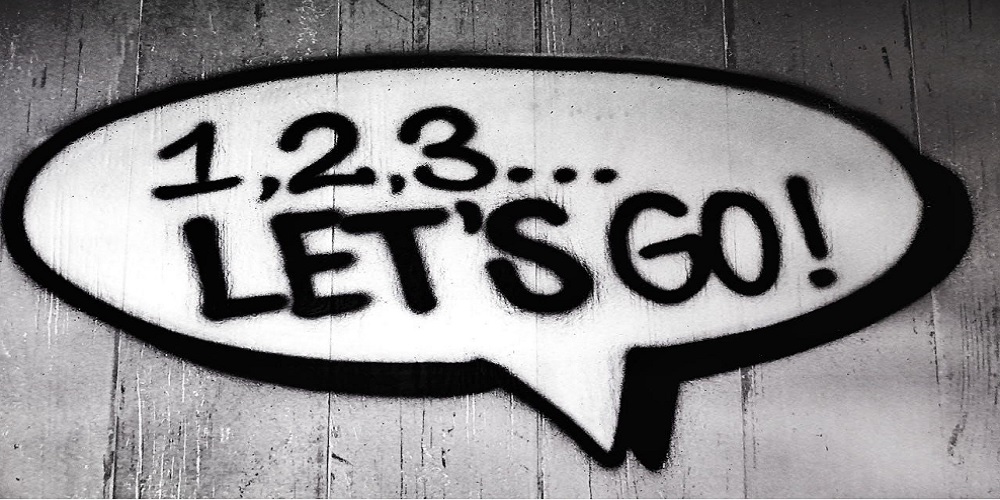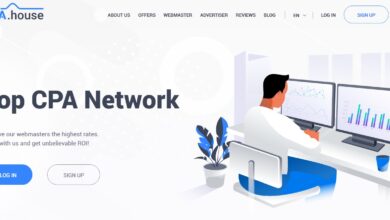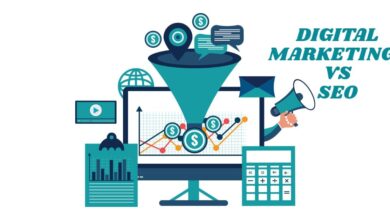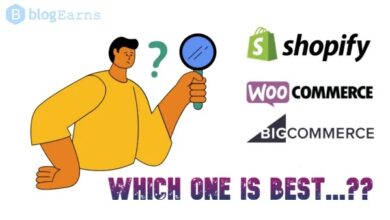Boosting Event Attendance: Savvy Online Marketing Tips for Event Promoters
Sell Out Your Event: Online Marketing Strategies
So, you’ve got an exciting event planned and you want the world to know about it? Whether it’s a local art show or an international conference, drawing a crowd isn’t just about having an amazing lineup; it’s about smart marketing.
This article is packed with effective online marketing strategies to help you fill those seats.
Let’s jump right in and discover how you can turn your event into the place to be!
Understanding Your Target Audience
First things first, who are you inviting?
Knowing your audience inside and out is the cornerstone of any successful marketing campaign. Start with demographic research to understand the age, interests, profession, and even the digital behavior of your potential attendees.
Tools like Google Analytics and Facebook Insights can offer you a goldmine of information.
Use this data to tailor your message, ensuring it resonates well with your audience, whether they’re tech-savvy millennials or seasoned industry professionals.
Leveraging Social Media Marketing
Social media isn’t just for cat videos and memes—it’s a powerhouse for event promotion.
Choosing the right platform is key; where does your target audience hang out? Instagram and Twitter are great for quick updates and visuals, while LinkedIn works wonders for professional events.
Don’t just post and ghost. Engage with your audience through polls, live videos, and interactive content.
Remember, a well-placed social media ad can extend your reach even further, drawing attention not just from your followers but from potential new attendees intrigued by your exciting event previews.
Crafting Compelling Email Marketing Campaigns
Email isn’t dead, it’s just evolved. Creating personalized email campaigns can create anticipation and keep your event top of mind.
Segment your email list to deliver tailored messages that speak directly to the recipient’s interests.
Are they passed attendees?
Remind them of the great experience they had last time. New prospects? Highlight what’s new and exciting about this year’s event. And timing is everything—don’t bombard them, but a well-timed reminder might be just the nudge they need to click ‘register.’
Utilizing SEO for Event Pages
If someone’s searching for what to do in your city or looking for Bizzabo alternatives, your event should pop up first. Optimize your event page with keywords that potential attendees are likely to use in their search queries.
Use clear, descriptive titles, meta descriptions, and headers. Don’t forget about local SEO, especially if your event is targeting a regional audience.
Mention landmarks, and local names, and include directions to make your event page both informative and easy to find.
Collaborating with Influencers and Partners
Sometimes, it’s about who you know. Partnering with influencers and other brands can amplify your event’s credibility and reach. Choose partners who align with your event’s theme and values.
An influencer can share your event with their followers, often bringing a new audience who trusts their recommendations.
Meanwhile, brand partnerships could mean shared responsibilities and double the promotional power. It’s a win-win when you collaborate with the right people.

Monitoring and Adapting Your Strategies
Here’s where you keep your finger on the pulse. Use analytics tools to track which marketing channels are driving ticket sales and engagement.
If you notice a surge in traffic from a specific social media post or email blast, understand what worked and replicate that success in future campaigns.
Don’t be afraid to tweak your strategies. If something isn’t working as expected pivot and try a new approach. Marketing is all about flexibility and adaptation.
Conclusion
Ramping up event attendance is all about connecting with potential attendees in a meaningful way.
From understanding your audience to leveraging modern marketing tools and platforms, there’s no one-size-fits-all solution.
Each event is unique, and your marketing should be too. Use these strategies as a starting point, adjust based on your experience, and watch as your event goes from just another date on the calendar to the must-attend event of the season.
So, get out there and start making some noise—your future attendees are waiting to hear from you!





